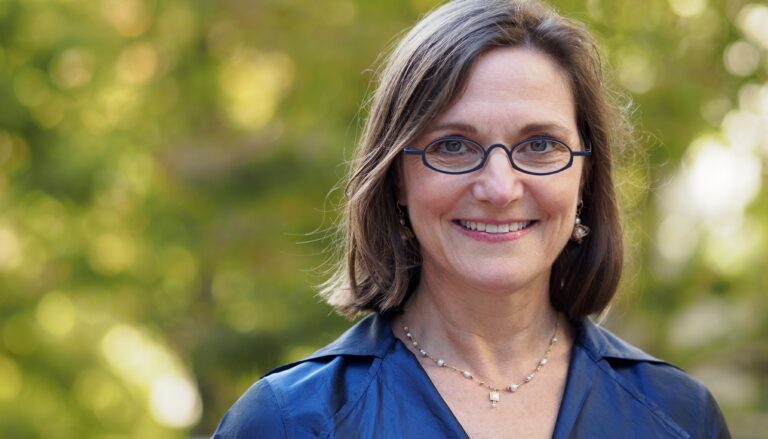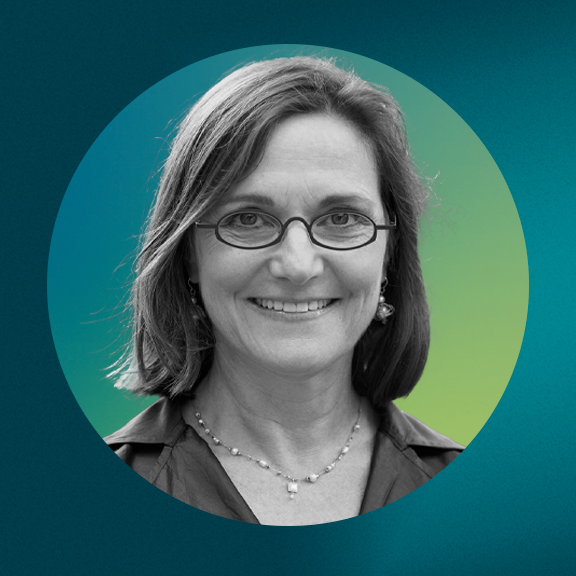Abby Dernburg, a senior faculty scientist in the Biological Systems and Engineering (BSE) Division, has been elected into the National Academy of Sciences (NAS) in recognition of her distinguished and continuing achievements in meiosis research. NAS membership is granted through a rigorous selection process that evaluates a candidate’s contributions to their field. Once achieved, it allows a platform for advocacy and leadership.

Dernburg, who first joined the Lab in 2001, is also a professor of molecular and cell biology at UC Berkeley. She studies how chromosomes are physically reorganized and how they interact with each other during meiosis, the special type of cell division that leads to the creation of reproductive cells like sperm, eggs, and pollen. Using a variety of techniques, she investigates how chromosomes pair up during meiosis, and how “quality control” mechanisms prevent errors in this process or eliminate cells in which errors have occurred. When these protective mechanisms don’t work, reproductive cells can end up with an incorrect number of chromosomes, which can lead to genetic disorders such as Down Syndrome in humans.
Dernburg’s group also examines the process of meiotic recombination, where genes are shuffled between chromosomes. This results in greater genetic diversity in species that undergo sexual reproduction. Her lab has recently begun studying how physical stress within the DNA fiber may affect meiosis, and how meiosis may help to fortify genomes against mutations and other damage over evolutionary time.
Dernburg and Ramamoorthy Ramesh, a senior faculty scientist in the Materials Science Division, are the two Lab-affiliated researchers in this NAS cohort.
Read more in the Berkeley Lab News Center and Berkeley News.




